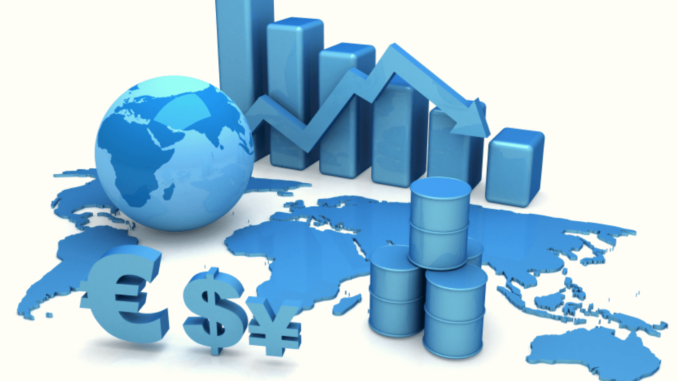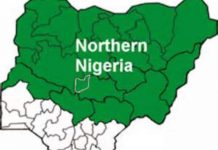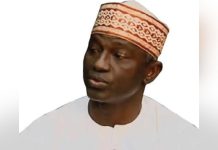Editor’s Note: Below is a viewpoint from Chapter 2 of the Foresight Africa 2019 report, which explores six overarching themes on the triumphs of the past years as well as strategies to tackle the remaining obstacles for Africa. Read the full chapter on managing debt and mobilizing resources.
With a population and gross domestic product projected at 399 million people and $3.3 trillion by 2050, the gulf between the reality of Africa’s largest economy and its undisputed potential remains wide—but achievable. Indeed, our major task has been to systematically implement strategies that will deliver the future we wish to see. This daunting responsibility has not been lost on the Buhari administration, and serves as the impetus for its sustained “Change” agenda.
Vice President – Federal Republic of Nigeria
ProfOsinbajo
The past three and a half years have been challenging both at home and abroad. Commodity prices, both oil and non-oil, have been volatile. Global trends, be it security, trade, or politics, have also been unpredictable. In Nigeria, we have had to cope with disruptions in oil production and exports, security challenges, and devastating floods. We have weathered these storms and made progress on many fronts, which is why we have cause to be optimistic about the future.
This administration has now set the country on the path to stability, growth, and prosperity. This government is doing more to diversify and grow a productive and competitive economy with far fewer resources. Notably, it secured the territorial integrity of the nation by reclaiming territory in the Northeast and has tackled grand corruption, introducing and improving transparency and accountability in the management of public funds.
The economy has recovered from recession and we have had six quarters of growth. Nigeria’s real gross domestic product growth stood at 1.81 percent in the third quarter of 2018 compared to 1.17 percent in the third quarter of 2017.
Foreign exchange reserves grew from $28.57 billion in May 2015 to $42.92 billion by mid-December 2018. This contributed to exchange rate stability and provided a buffer against unanticipated external shocks. Inflation has also declined from a peak of 18.72 percent in January 2017 to 11.28 percent in November 2018. Nigeria has moved from a deficit to a surplus of 681.27 billion Nigerian naira in our trade balance as of the third quarter of 2018, representing a significant improvement from the deficit of 290.1 billion naira in 2016. This reflects an increase in non-oil exports and a reduction in the importation of food and items that can be produced locally.
We also committed to unprecedented investments to start and finish critical infrastructure projects in power, roads, and rail across the country, as well as direct investments in people to lift them up—the largest social investment program in Africa.







